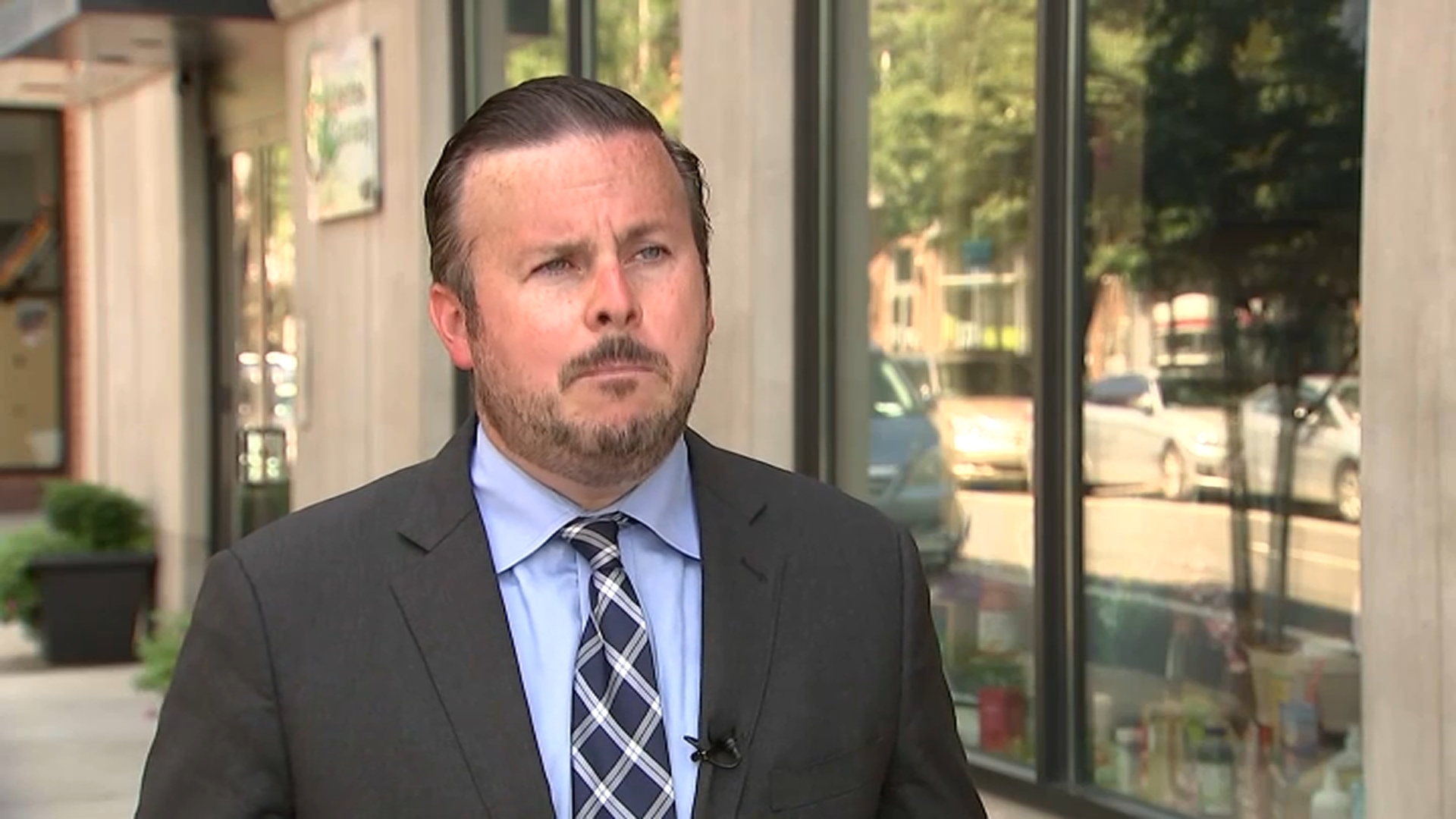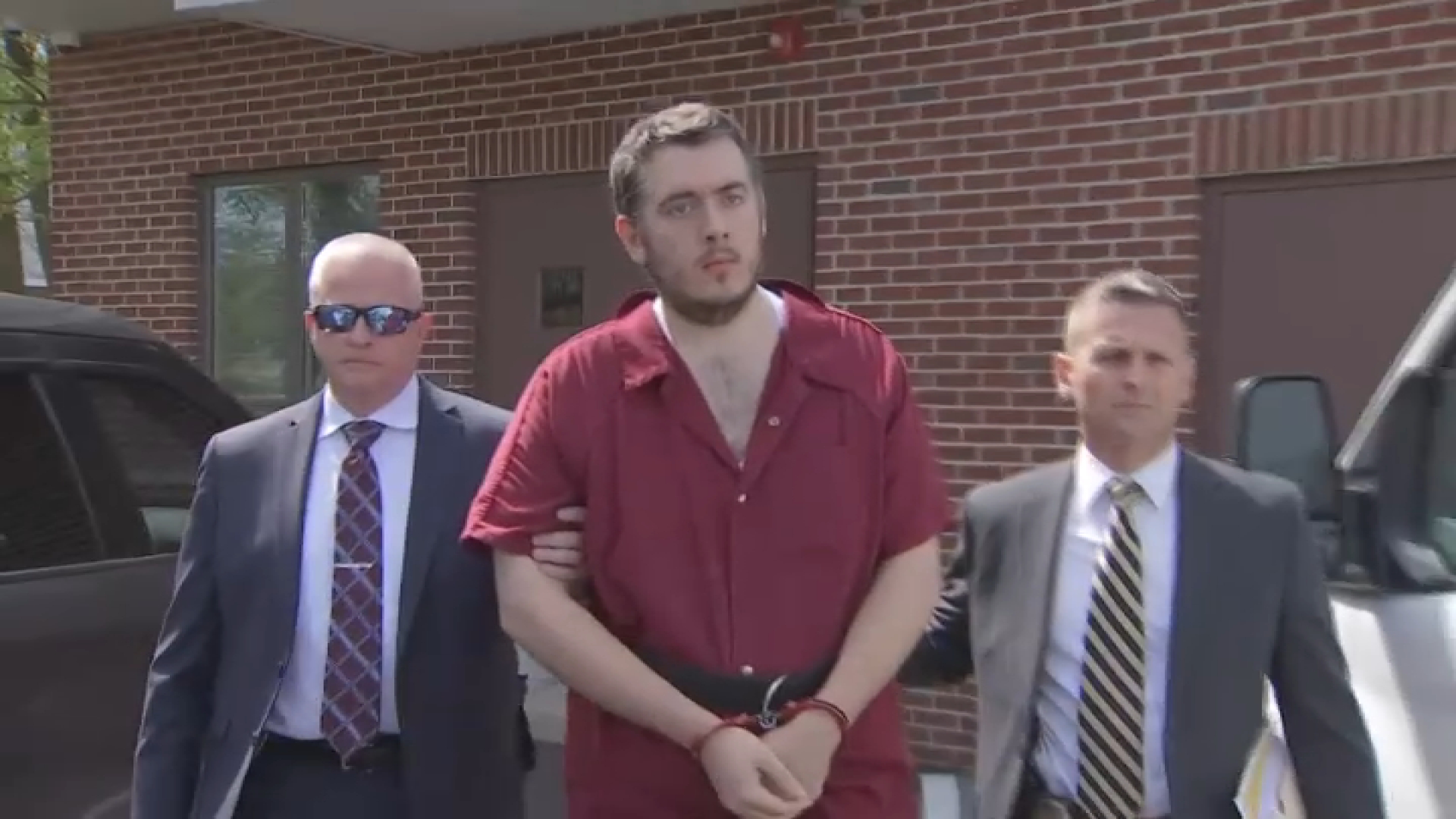Rob Gonza says he noticed something strange when he was trying to sell his house in Allentown.
“People were coming to see the house but there was nothing but Hispanics and minorities coming over,” he said. “I found it very unusual.”
According to tests done by community action groups in the Lehigh Valley in 2011, Gonza wasn’t imagining things.
“White buyers specifically were steered out of the city of Allentown,” said Lori Sywensky of Northampton County Community Development. “They were told things like, ‘you don’t want to go to this school district! You don’t want to live in this neighborhood! If they were Hispanic, they were being shown only places within the city of Allentown.”
The report, completed between March 2011 and December 2011, from the Fair Housing Council of Suburban Philadelphia, found realtors consistently pushed minority clients into poorer sections of Allentown. The community group, Envision Lehigh Valley, received a federal housing grant to conduct undercover tests at realty offices. According to the study, 73% of the people tested experienced differences in treatment based on race.
“We knew we had a problem prior to seeing the actual report,” said Sywensky. “But it was somewhat shocking to see the incidents of subtle racism that was persisting in our realty market.”
Yet several Allentown residents weren’t too shocked by the results.
Local
Breaking news and the stories that matter to your neighborhood.
“It’s sad to hear that it’s still about racial things,” said one woman. “Allentown is pretty bad.”
“If you can afford housing in the so-called elite section, no matter what your race or beliefs, you should be able to live there,” said another woman.
In reaction to the study, the Lehigh Valley Association of Realtors vowed to enact a broker’s pledge to erase discrimination from the realty process.
“One allegation was one too many,” said Justin Porembo, a member of the association. “We immediately wanted to partner with the community action group as well as the city of Allentown to mitigate the fair housing issue.”
The community action groups say they will continue to receive federal grants for more undercover studies.



